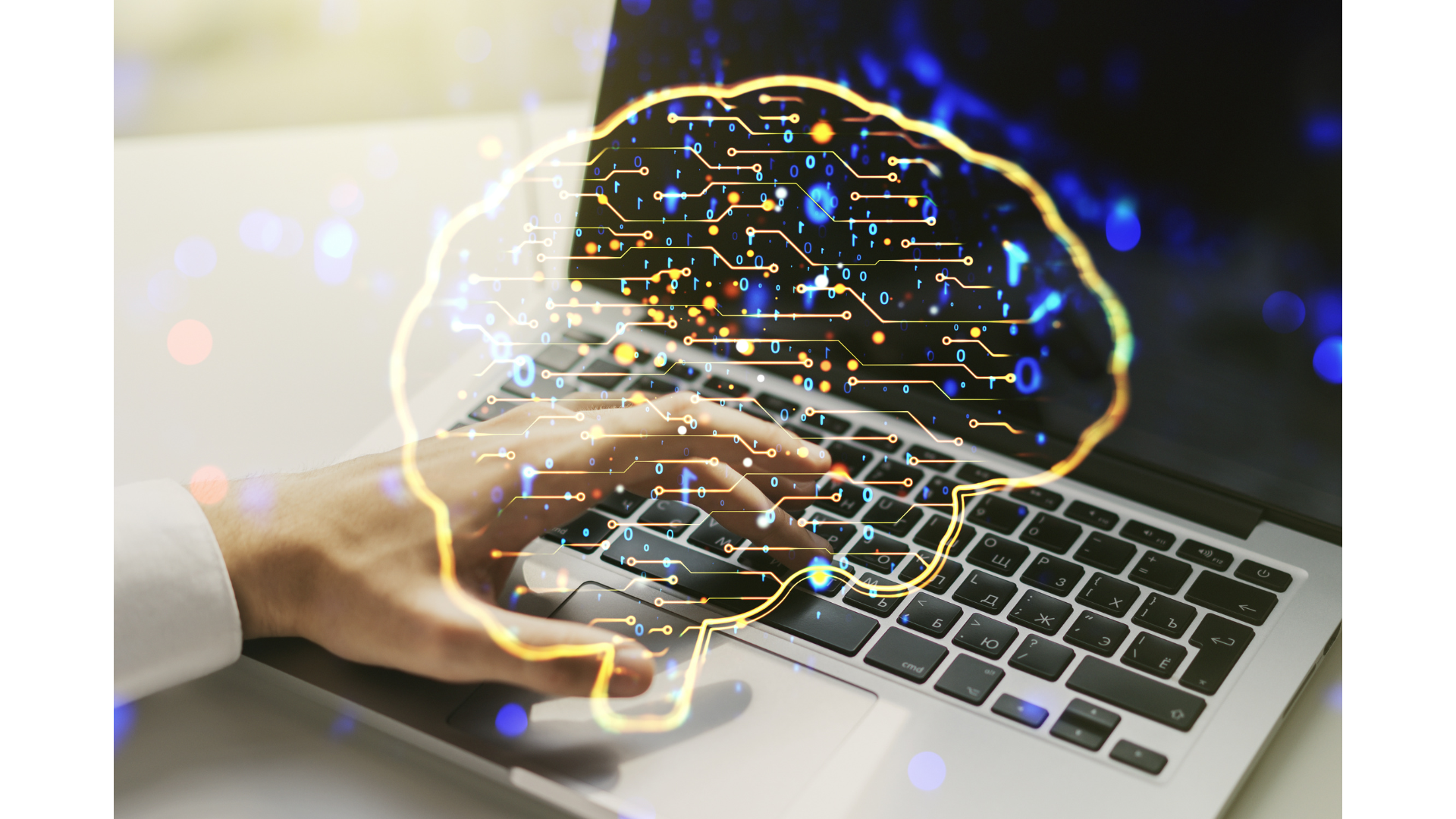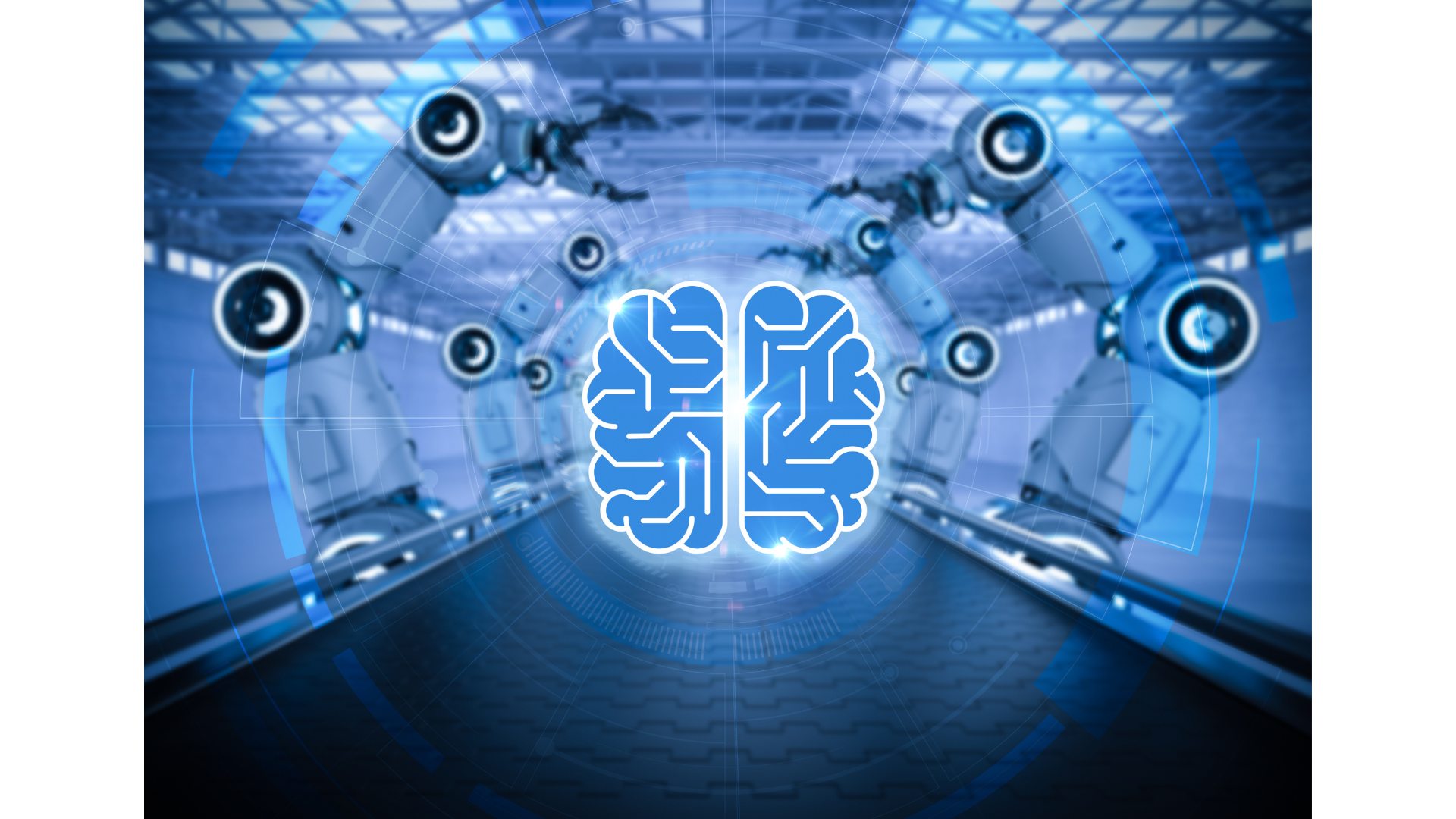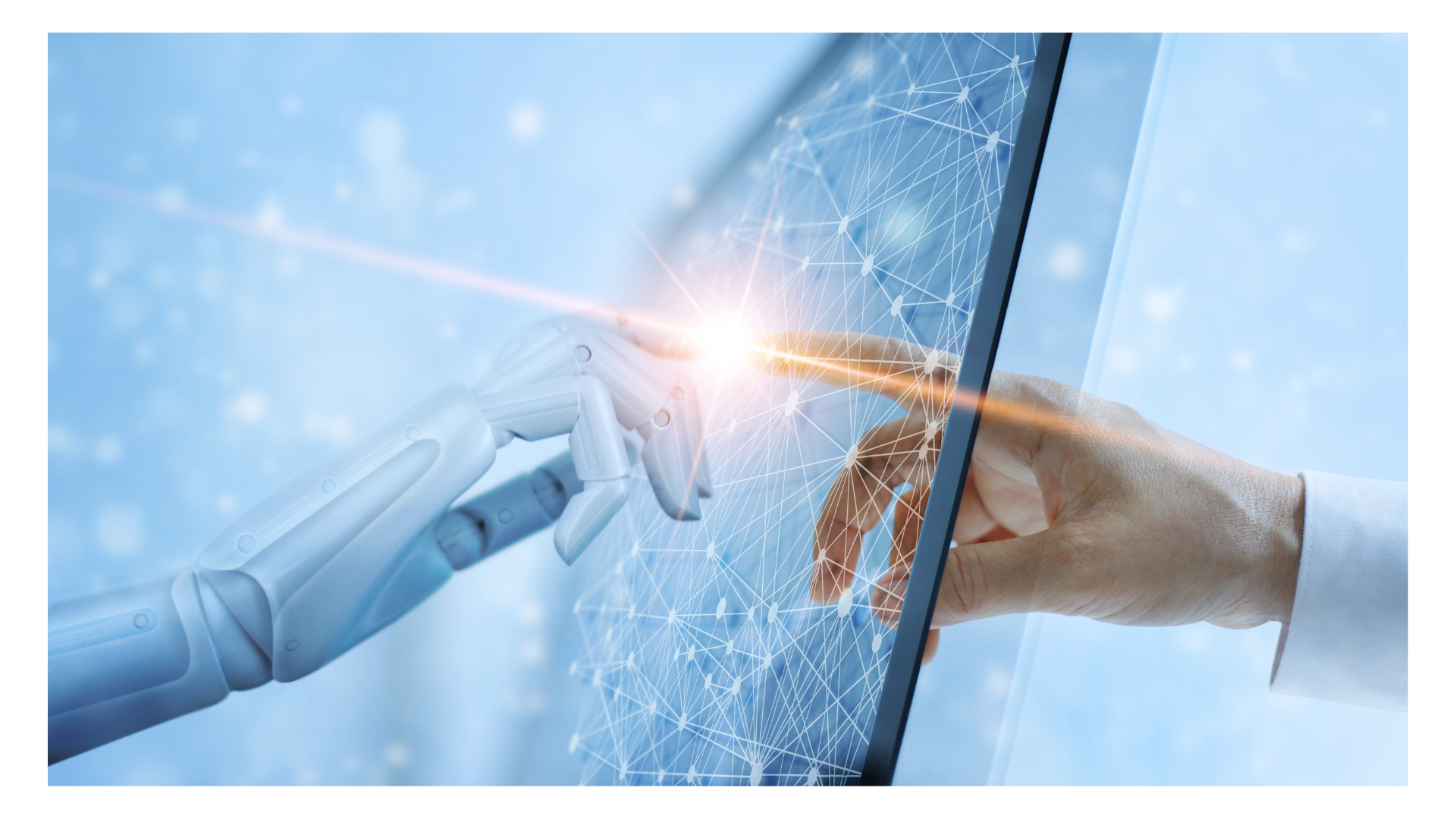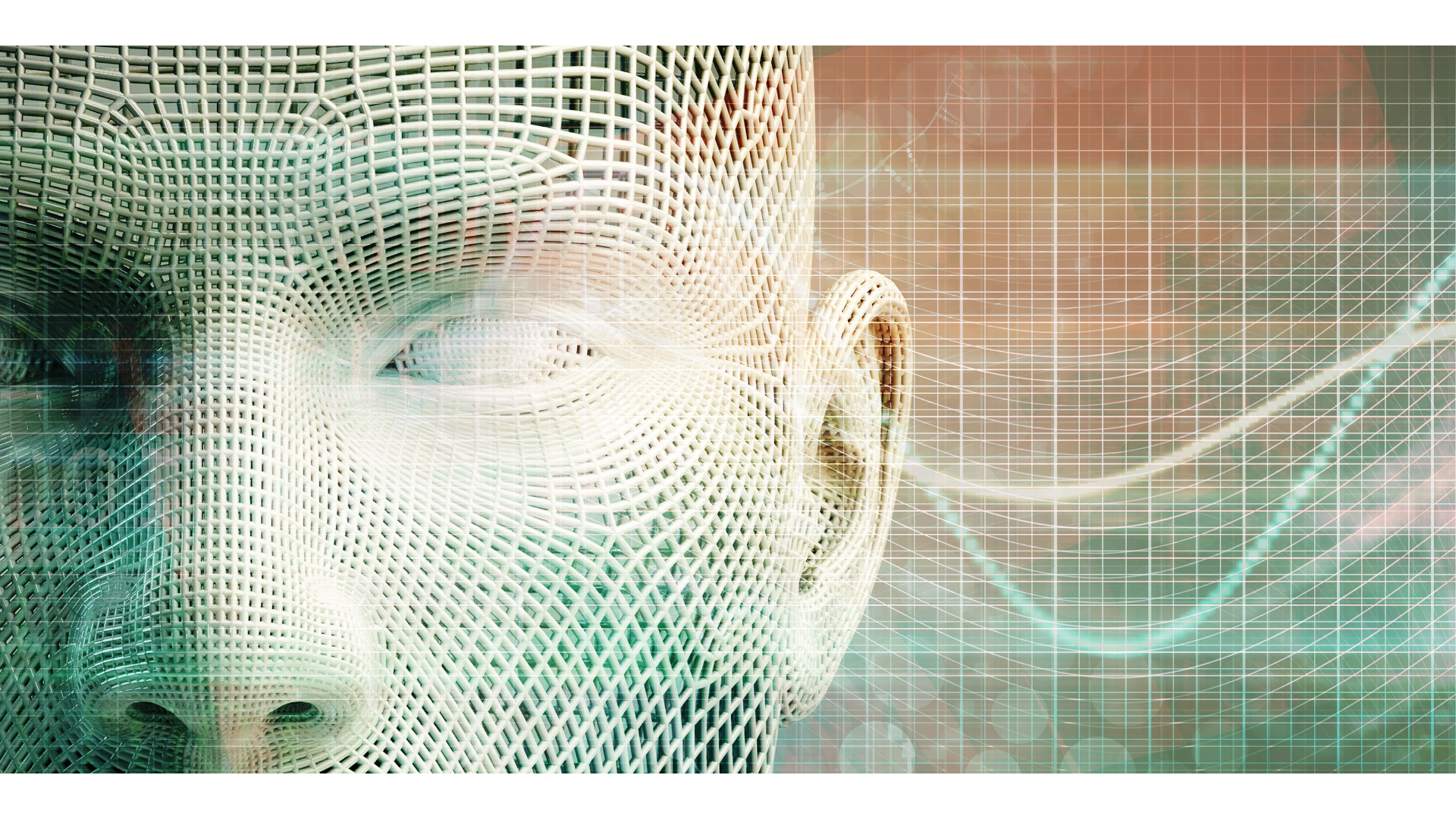Artificial Intelligence and AI have transitioned from the realm of science fiction into a dynamic force driving technological and societal change. The narrative surrounding AI often oscillates between utopian visions of efficiency and dystopian fears of displacement. Yet, the true essence of AI, its capabilities, limitations, and potential, lies somewhere in between these extremes.
This comprehensive exploration aims to demystify AI, highlighting its real-world applications, ethical considerations, and the distinct nuances of machine learning versus AI, all while forecasting the transformative role AI is poised to play across various sectors.
The Basics of Artificial Intelligence: What You Need to Know
Artificial Intelligence, or AI, encompasses computer systems designed to mimic human intelligence, performing tasks ranging from simple problem-solving to more complex decision-making. AI is not a monolith; it varies from weak AI, focused on specific tasks, to artificial general intelligence (AGI), which aims to replicate human cognitive abilities.
Understanding the types of AI and how they leverage machine learning, deep learning, and natural language processing can provide a foundational grasp of AI’s capabilities and limitations.
Real-World Applications of AI That Are Changing Lives

AI’s impact is profound and far-reaching, revolutionising industries by enhancing efficiency, innovation, and creativity. AI technology is instrumental in automating routine tasks, analyzing vast datasets, and improving decision-making processes.
From machine intelligence in manufacturing to AI systems in healthcare that predict patient outcomes, the applications of AI are diverse. Moreover, AI in computer science is pioneering advancements in areas such as artificial learning and AI intelligence, significantly contributing to the future of AI.
Navigating the Ethical Landscape of AI Innovations
As AI becomes more embedded in our lives, it raises critical ethical questions. The development and deployment of AI technologies must consider privacy, security, and fairness, ensuring that AI benefits society as a whole. Ethical AI involves transparent AI systems that respect human rights and freedoms, fostering trust and accountability in AI innovations.
Understanding the Difference: Machine Learning vs. AI

While often used interchangeably, machine learning and AI are distinct. Machine learning, a subset of AI, focuses on algorithms that learn from data to make predictions or decisions without being explicitly programmed for each task. In contrast, AI is a broader concept that includes machine learning but also encompasses other aspects such as reasoning, learning, and interaction within its scope.
The Role of AI in Transforming Businesses and Industries
AI is reshaping the business landscape, offering unprecedented opportunities for growth and innovation. In sectors like finance, retail, and telecommunications, AI-driven insights enable companies to understand consumer behaviour, optimize operations, and deliver personalized experiences.
AI technology also plays a pivotal role in developing smart manufacturing processes and supply chain management, driving continuous improvement and operational excellence.
What We’re Getting Wrong About AI

Advancements in AI
Artificial Intelligence (AI) suffers from a branding dilemma, often painted in a light that oscillates between doomsday scenarios and underwhelming utility. This discourse lacks the nuance necessary to understand AI's true nature and potential. Andrew Moore's assertion that "AI is very, very stupid" isn't a dismissal of AI but a call to recognize its current limitations and the specific domains where it excels.
The AI Effect and Human Intelligence
The AI effect describes our tendency to downplay AI's achievements as soon as they become part of our daily lives, no longer viewing them as true intelligence.
This phenomenon reflects our complex relationship with artificial intelligence, where advancements are simultaneously expected and dismissed. Understanding AI requires acknowledging its diverse forms of intelligence, many of which differ significantly from human intelligence.
Real-World Applications and Misconceptions
AI's practical applications are vast and integrated into our daily routines, from fraud detection in banking to personalized recommendations in digital platforms. Yet, the narrative around AI often leans towards sensationalism, focusing on hypothetical extremes rather than the technology's current state and realistic future trajectory.
Navigating the Ethical Landscape
The ethical implications of AI's integration into society are profound. It necessitates a careful consideration of issues such as privacy, security, and the potential for bias. Ensuring that AI advancements benefit humanity while minimizing adverse impacts is crucial.
Understanding AI's Capabilities and Future Potential

Machine Learning and AI: Complementary Forces
Differentiating between machine learning and AI is essential for comprehending AI's capabilities. Machine learning's predictive models and algorithms represent just one aspect of AI's broader goal to emulate and enhance human cognitive functions.
The Transformative Power of AI in Business
AI's role in transforming businesses is undeniable. By automating tasks, providing insightful analytics, and enabling innovative services, AI technology is driving efficiency and growth across various sectors.
The Future of AI: Technological Advancements and Challenges
The trajectory of artificial intelligence (AI) is marked by continuous evolution, with future advancements poised to further revolutionize how we live, work, and interact. The emergence of artificial general intelligence (AGI) and advancements in deep learning and natural human language processing promise to unlock new capabilities, making the AI system more versatile and intelligent.
However, alongside these technological strides, the AI research community faces challenges in ensuring these advancements lead to equitable and ethical outcomes.
As AI techniques continue to mature, the intersection of AI technology with human intelligence will become increasingly significant, necessitating a nuanced understanding of both the potential and the limitations of AI. The goal is not to create AI that surpasses the human brain/intelligence but rather AI that complements and augments our capabilities, driving societal progress and addressing complex global challenges.
Navigating the Ethical Landscape of AI Innovations

Ethical considerations are at the heart of the AI development process. As we integrate AI more deeply into societal frameworks, questions around privacy, autonomy, and fairness become paramount. Balancing innovation with ethical responsibility requires a concerted effort from policymakers, technologists, and society at large to establish norms and regulations that guide the ethical use of AI.
Understanding the Difference: Machine Learning vs. AI
Machine learning represents a significant subset of AI focused on developing systems that learn from data to improve their performance over time. However, AI encompasses a broader range of technologies, including machine learning, deep learning, and natural language processing, each contributing uniquely to the development of intelligent systems capable of performing tasks that typically require human intelligence.
The Role of AI in Transforming Businesses and Industries
AI is not just transforming businesses; it's redefining entire industries. From manufacturing to healthcare, AI systems are enabling organizations to innovate and improve efficiency. In manufacturing, AI technology is optimizing production lines and predictive maintenance, reducing downtime and increasing output. In healthcare, AI is enhancing patient care through more accurate diagnostics and personalized treatment plans.
Conclusion: Embracing the AI Revolution

The journey of AI, from its conceptual beginnings to its current state, illustrates a technology that is profoundly impacting the fabric of society. As we stand on the brink of further breakthroughs, it's imperative to approach AI with a balanced perspective, recognizing its potential to drive positive change while remaining vigilant about its ethical implications.
The future of AI is not a distant promise but an unfolding reality. As AI systems become more integrated into our daily lives, the opportunity to harness this technology for the betterment of humanity has never been more apparent.
Whether in County Cork or across the globe, AI's influence spans geographical and sectoral boundaries, marking the dawn of an era where artificial intelligence and human intelligence together can solve some of the world's most pressing challenges.
Shape the Future with AI
As we navigate the evolving landscape of AI, the need for skilled professionals, ethical guidelines, and innovative thinkers has never been greater. Whether you're a computer science enthusiast, a budding AI analyst, or a business leader looking to leverage AI technology, the time to engage with AI is now.
By understanding AI's capabilities, ethical dimensions, and potential impacts, we can all play a part in shaping a future where AI acts as a force for good, driving progress and prosperity for all.
In this dynamic era of artificial intelligence, let's commit to continuous learning, ethical innovation, and collaborative problem-solving, ensuring that the AI revolution benefits humanity as a whole. Join us on this exciting journey into the future of AI, where every individual has the potential to contribute to the advancement of this transformative technology.
